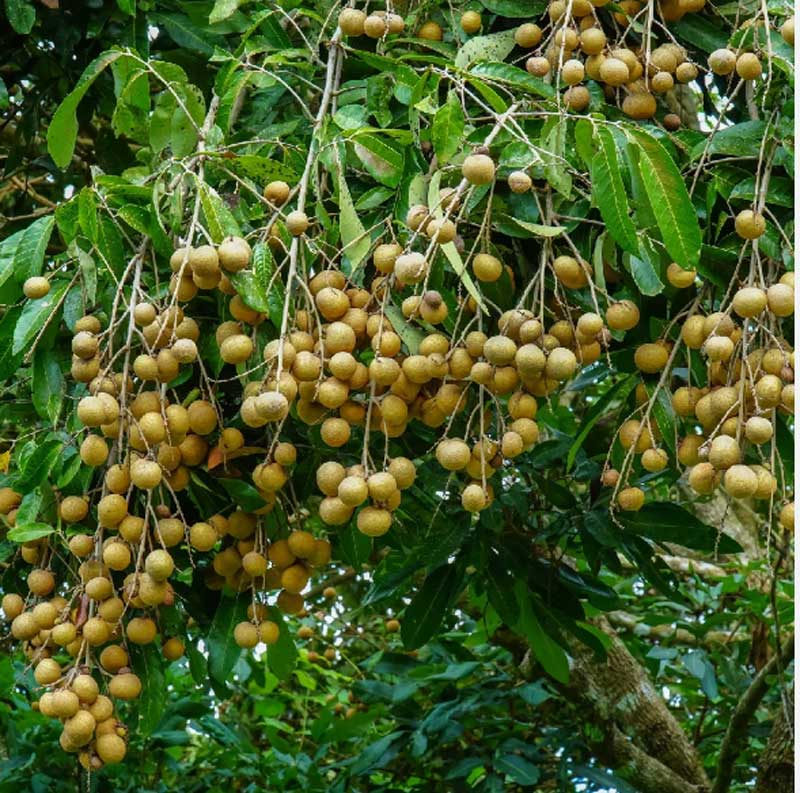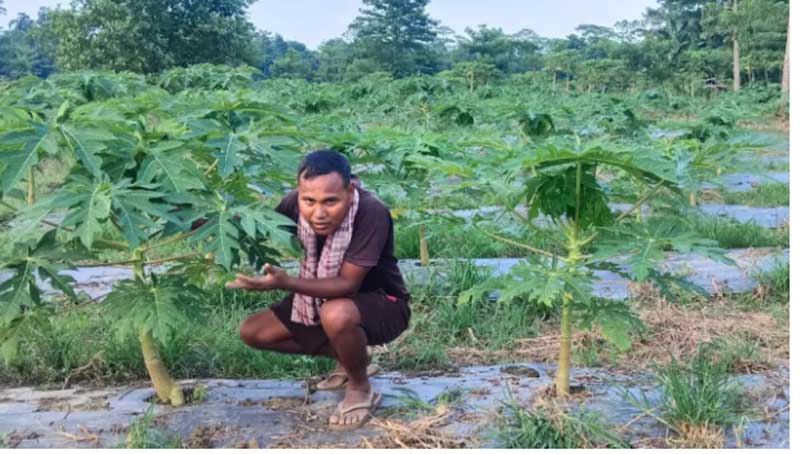Farming Faces Climate Stress in Jammu and Kashmir, Agriculture Struggles Amid Changing Climate
In the picturesque landscapes of Jammu and Kashmir, a harsh reality is unfolding for farmers as they grapple with the adverse impacts of climate change on agriculture. Rising temperatures, erratic rainfall patterns, and melting glaciers are among the challenges exacerbating the vulnerability of the region’s agricultural sector.
Climate Change Takes Toll on Agriculture:
Farmers in Jammu and Kashmir are witnessing firsthand the impacts of climate change on their livelihoods. Traditional farming practices, passed down through generations, are proving insufficient to cope with the changing climate patterns. With temperatures on the rise, crops are facing increased stress, leading to reduced yields and lower quality produce. Erratic rainfall further compounds the problem, leaving farmers at the mercy of unpredictable weather conditions.
Read More: International Horticulture and Floriculture Exhibition Blooms in Pune from November 24
Melting Glaciers Affect Water Availability:
The iconic glaciers of Jammu and Kashmir are not only a scenic wonder but also a lifeline for agriculture in the region. However, the accelerated melting of these glaciers due to global warming is disrupting the delicate water balance essential for farming. Reduced water availability for irrigation purposes is forcing farmers to reconsider their cropping patterns and adopt water-saving techniques.
Adapting to Climate Challenges:
In response to the mounting challenges, farmers in Jammu and Kashmir are exploring innovative strategies to adapt to the changing climate. This includes the adoption of drought-resistant crop varieties, implementing water-saving irrigation techniques such as drip irrigation, and diversifying their income sources through agroforestry and horticulture.
Government Initiatives and Support:
Recognizing the urgent need to address climate-related vulnerabilities in agriculture, the government of Jammu and Kashmir has initiated several measures to support farmers. These include providing access to climate-resilient crop varieties, promoting sustainable farming practices, and investing in infrastructure for water management and irrigation.
Read More: Farming Faces Climate Stress in Jammu and Kashmir, Agriculture Struggles Amid Changing Climate
Looking Ahead:
As the impacts of climate change continue to unfold, the farming communities of Jammu and Kashmir face an uncertain future. However, with concerted efforts from both the government and farmers themselves, there is hope for building resilience and ensuring the sustainability of agriculture in the face of climate stress. Collaboration, innovation, and adaptation will be key in navigating the challenges ahead and securing the livelihoods of those dependent on the land

















